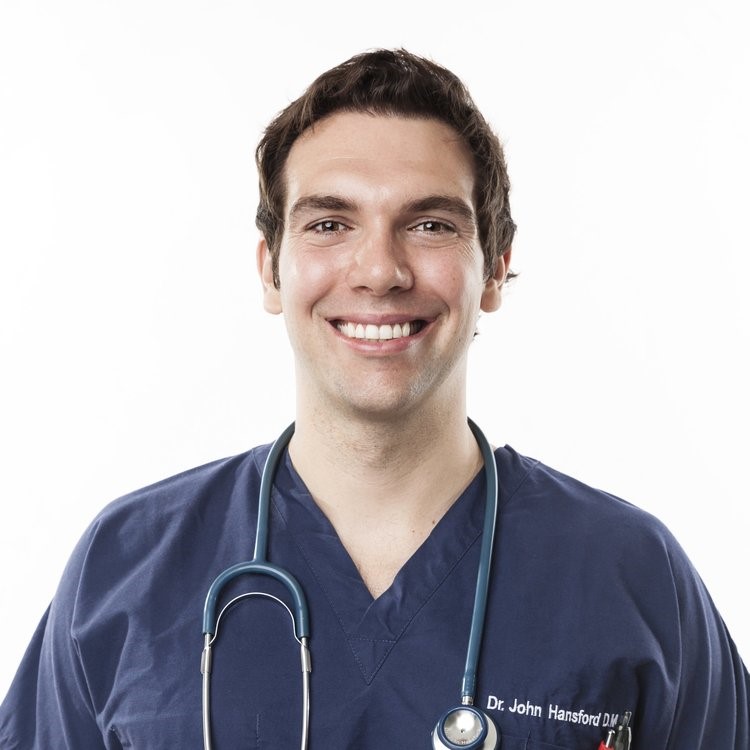John Hansford DMD Urges Parents to Prioritize CPR and First Aid Training: Be Prepared to Respond to Emergencies Affecting Your Child
Watkinsville, GA, 12th July 2024, ZEX PR WIRE, As a profoundly regarded pediatric dentist in Athens and Upper East Georgia, Dr. John Timothy Hansford is committed not exclusively to children’s oral health yet in addition to their general prosperity. Dr. Hansford accentuates the significance of parents being prepared to answer emergencies by focusing on CPR (Cardiopulmonary Resuscitation) and first aid training.

“Each parent maintains that their kid should be protected and healthy,” says Dr. Hansford. “Outfitting yourself with CPR and first aid abilities empowers you to act conclusively in an emergency, possibly saving your kid’s life or essentially working on their result until medical professionals show up.”
Why CPR and First Aid Training Matters for Parents:
- Early Intervention Saves Lives: The brain and other vital organs start to endure harm promptly after oxygen deprivation. Doing mouth-to-mouth successfully circulates blood and oxygen until medical professionals show up, essentially expanding a youngster’s opportunity for endurance.
- Choking Hazards Are Common: From little toys to food, small kids are particularly helpless to choking hazards to Stifle Hazards. Knowing first aid techniques for choking can remove the item and reestablish breathing.
- Childhood Injuries Happen: Falls, cuts, bumps, and bruises are a typical piece of life for a youngster. First aid training prepares parents to deal with these circumstances actually, limiting distress and forestalling possible infections.
- Peace of Mind and Confidence: Realizing you have what it takes to deal with a crisis can altogether reduce pressure and anxiety. This permits you to keep quiet and act sanely during an emergency, possibly saving significant time.
The Scope of Pediatric Emergencies:
While choking and falls are normal worries, Dr. John Hansford DMD features the significance of CPR and first aid training in addressing a more extensive scope of expected emergencies:
- Seizures: Febrile seizures, a typical event in small kids, can be terrifying for parents. Knowing how to answer serenely and guarantee the kid’s well-being is critical.
- Allergic Reactions: Adolescence sensitivities can once in a while prompt extreme reactions requiring quick medical consideration. First aid training can assist parents with perceiving the indications of anaphylaxis and administering drugs (e.g., EpiPen) whenever prescribed by a specialist.
- Bleeding and Wounds: While most youth cuts and scrapes are minor, first aid training prepares parents to spotless and dress injuries actually, limiting uneasiness and forestalling infection.
- Febrile Episodes: High fevers can be disturbing for parents. First aid training can assist parents with recognizing a straightforward fever and a more serious condition, and guide them on fitting measures while hanging tight for medical consideration.
Beyond Your Child:
CPR and first aid training aren’t only for parents. These abilities can be utilized to help anybody in a crisis. Dr. Hansford himself embodies this more extensive effect. While his essential center is children’s dental health, his obligation to the community stretches out past the dental seat. Dr. Hansford offers training and certification in CPR, BLS (Basic Life Support), ACLS (Advanced Cardiac Life Support), and PALS (Pediatric Advanced Life Support). This devotion to lifesaving abilities training gets ready parents and the whole community to answer really in emergencies.
Making the Investment in Your Child’s Safety:
CPR and first aid training courses are promptly accessible through associations like the American Red Cross, American Heart Association, and neighborhood clinics. These courses are regularly a couple of hours long and can be finished in a day or end of the week. Many courses offer choices for learning CPR explicitly for babies and children.
Here are some additional tips from Dr. Hansford:
- Renew your CPR and First Aid Certification every 2 years to ensure your skills stay current.
- Keep a first-aid kit readily available at home and when traveling. This should include bandages, antiseptic wipes, pain relievers (appropriate for your child’s age), and any prescribed medications.
- Talk to your child’s pediatrician about specific first-aid considerations for any pre-existing health conditions your child might have.
- Practice basic first-aid skills with your child, such as recognizing and responding to a choking hazard. Use age-appropriate language and role-playing to make it a fun and informative experience.
By taking these steps, you can create a safer environment for your child and be prepared to handle any emergency.
Dr. John Hansford DMD – A Leader in Children’s Oral Health and Community Safety
Dr. Hansford’s devotion reaches out past his dental practice. His obligation to give CPR and first aid training empowers parents and the community to be prepared for emergencies. This public statement is a source of inspiration for all parents to prioritize these lifesaving abilities and guarantee the security and prosperity of their children.

